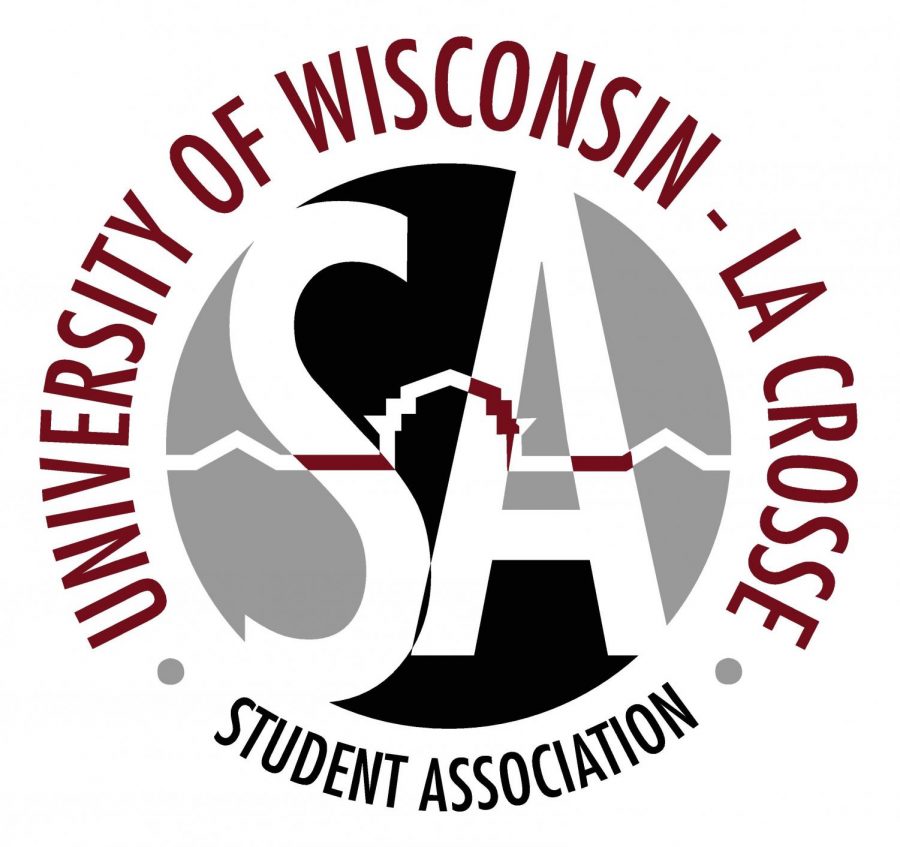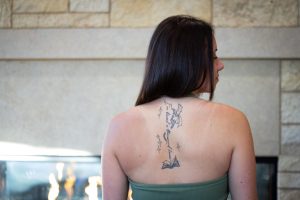Student Association discusses pass/fail grading system and SUFAC spending for student organizations
April 9, 2020
Student Association (SA) met on April 8 with Provost Betsy Morgan upon her statements made to the senate executive cabinet regarding the pass/fail policy for the University of Wisconsin-La Crosse, the left-over funds in student’s segregated fees, and issues of academic probation.
The resolution in support of “Option B” in UWL’s grading policy, an alternative presented to SA by Provost Morgan, registrar Jan Van Ruden, and associate vice chancellor, Sandra Grunwald, is for students who may have been overwhelmed by the sudden change from in-person to online courses. “Option A” would be to allow UWL professors to continue grading their course work as it was before, during the in-person months of the academic year.
According to the resolution presented by President Sita Agterberg in support of “Option B”: “The University of Wisconsin – La Crosse instructors will provide letter grades using the current grading scheme. In addition, the option of two grades will be added to the current scheme – S (Satisfactory), U (Unsatisfactory) for Spring 2020 only. Students must request this in order to receive an S/U grade for a course after grades have been recorded. Student requests are only considered if extraordinary circumstances can be articulated by the student and supported by the instructor.”
Provost Morgan joined the conversation, explaining how these options are “based heavily” on UW-Oshkosh and UW-Stout’s decisions to adopt policies similar to UWL’s proposed “Option B.” The goal for this option is to provide a “safety net” for students, while also helping them maintain motivation for classes that have not transitioned well over into an online setting.
Regarding what is and is not considered a satisfactory grade was up for questioning. Sen. Dylan Schock asked Provost Morgan what might happen for students who are given traditional grading, whether it will be more relaxed in its approach of judging student’s academic work.
Morgan answered his question by explaining her conversations in the past with faculty regarding situations like this, where they are supposed to take into account how “rather unusual semester has been.”
“I can’t swear that this message will be absorbed by these professors,” Morgan said. “But the idea is, can we find the essentials of the class.”
An invitation was extended to student governance leaders to the committee on academic policies and standards (CAPS) meeting, where the final decision on this new system will take place.
Sen. Jessica Boerschinger brought up a conversation she had in her meeting with CAPS on the different standings for warnings, academic probations, and suspension from UWL and how their influence should be altered during this time of online classes.
Sen. Cameron Neader discussed how different disruptions during this time have caused students to lessen their academic potential.
Local affairs director Bennett Thering brought to discussion how these current circumstances have brought issues upon committees, such as the segregated university fee advisory committee (SUFAC), who determines if leftover money from certain groups on campus who benefit from segregated fees are to receive the funds they did not use the following semester.
If not, this excess money would be funneled back into university reserves. According to Thering, groups who use their money towards the end of the year in support of their celebratory events may be placed at “a disadvantage” assuming that they might have less money left over compared to a group who hasn’t spent it all.
With reserves currently in an influx, SUFAC has been able to dwindle it down; but with the excess that the current situation placed on segregated fees, President Agterberg seeks to trust the members of these groups with their extra money and how they spend it.
“I think that we should trust these students with their money, as it would provide them with an opportunity to re-create the opportunities students may have missed out on during this lost semester,” Agterberg said.






